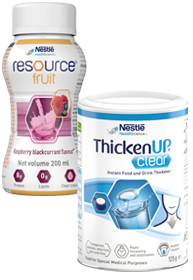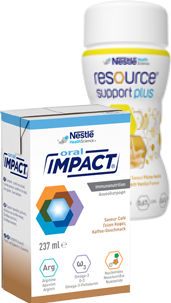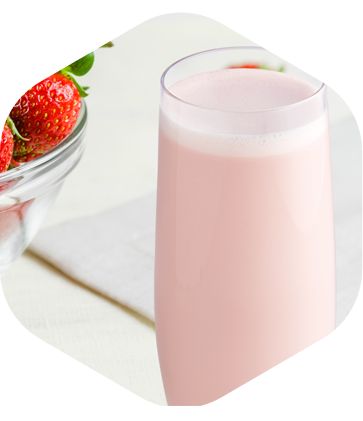Eating well after cancer: your diet after chemotherapy
A healthy diet after chemotherapy can help you regain your strength and promote good health.
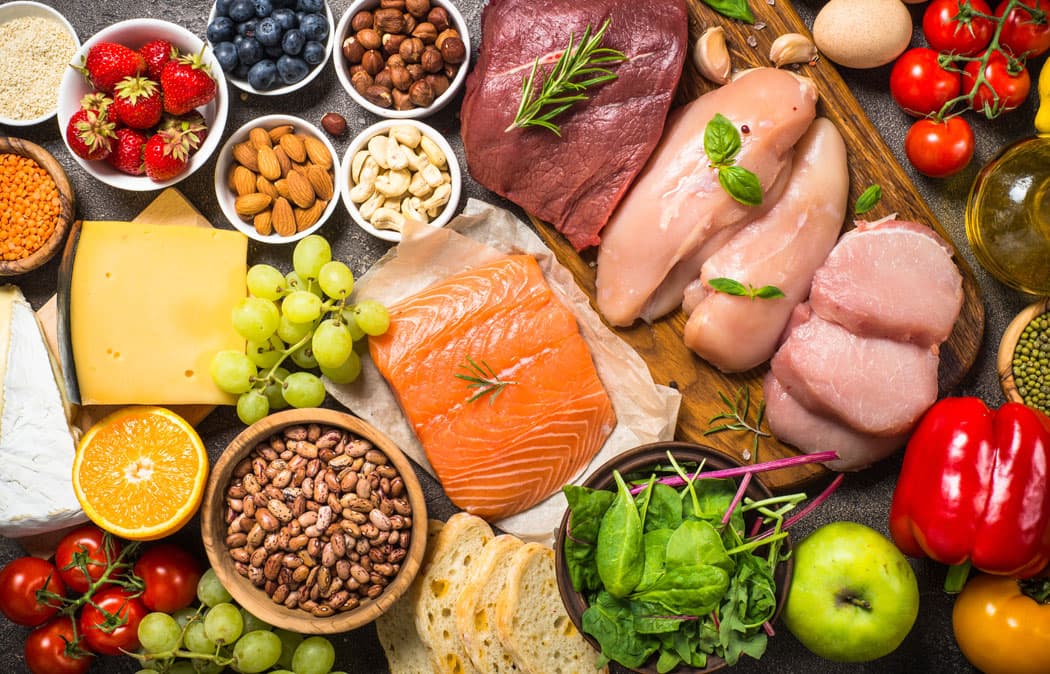
A healthy diet after chemotherapy can help you regain your strength and promote good health. But what does such a diet look like? What are the best foods to eat after chemotherapy, and are there any diet restrictions? Read this article to find out.
The importance of nutrition and diet after chemotherapy
If you’ve just finished a course of chemotherapy or are caring for someone who has, you may wonder, is there a diet that can prevent cancer from returning?
Unfortunately, there is not enough evidence to suggest that any particular diet will help cure cancer or prevent it from coming back1. However, what we do know is that a healthy and balanced diet can lower the risk of many chronic illnesses, including cancer2.
In addition, after chemo has ended, a balanced diet can help you1, 2, 3:
- Rebuild the tissue that the cancer treatment has damaged
- Build or maintain muscle mass
- Stave off any lingering side effects from the treatment
- Lower the risk of chronic illness that the treatment may have raised (for example, cardiovascular disease risk)
- Lower the risk of cancer coming back
- Feel better after treatment, both physically and mentally
Let’s take a look at what a healthy and balanced diet after chemotherapy looks like.
What a balanced diet after chemotherapy looks like
The American Cancer Society (ACS) recommends that cancer survivors eat a healthy diet with adequate macronutrients and micronutrients from both animal-based and plant-based sources3. However, plant-based sources are preferred3.
Macronutrients are groups of food that our bodies need in large amounts4. These are:
- Carbohydrates
- Proteins
- Fats
Micronutrients are nutrients that we need in smaller amounts, such as vitamins and minerals4.
To get enough of all of these different nutrients, you should make sure you have two-thirds (or more) of your plate made up of vegetables, fruits, whole grains, and beans, while animal protein should only make up a third or less5.
What are the best foods to eat after chemotherapy?
A balance of healthy foods from a variety of food groups can help to support your body after cancer treatment. According to the ACS, you should aim for3:
- A variety of vegetables from all color groups, including fiber-rich legumes
- Fruits of all colors, especially eaten whole (skin-on)
- Whole grains
You should also try to2:
- Choose low-fat dairy
- Limit simple sugars, such as those in cakes, cookies, or white bread
- Opt for plant-based sources of protein or lean meat
Protein and fat
Getting enough protein is key to a healthy recovery after cancer treatment2. Protein can help to keep you strong and repair tissues that have been harmed by cancer treatment6.
Choosing sources of protein that are also low in saturated fat may protect the heart2. It also means you’re eating fewer calories2. These types of foods include2:
- Lean meat and poultry
- Fish and seafood
- Low-fat dairy
- Nuts
- Seeds
- Legumes like beans, peas, and lentils
Fiber
Fiber-rich foods are recommended as part of a healthy diet for cancer survivors both during and after treatment3.
Eating foods high in fiber can help your digestion and improve chemotherapy side effects, such as constipation1,6. Examples of foods high in fiber include1:
- Whole grain bread, pasta, and cereals
- Dried fruits, such as apricots or raisins
- Beans, lentils, and peas
- Vegetables such as broccoli, kale, or Brussels sprouts
- Nuts
- Seeds
- Popcorn
However, sometimes, you may need to eat foods with low fiber content. This may be due to the type of cancer you’ve had or the side effects you got from chemo (for example, diarrhea). Foods that are low in fiber include6:
- Bananas
- White rice
- White toast
- Yogurt
- Chicken, turkey, or fish
- Skinless potatoes
- Asparagus
Speak to your dietitian before changing the amount of fiber you eat daily — they will be able to guide you further.
Why veggies are good for you: the role of phytochemicals
Phytochemicals, or phytonutrients, are the chemical substances in plants that give them their bright colors and fresh taste7, 8.
Research suggests that these compounds may have anti-cancer properties7. Although we don’t know exactly how phytochemicals might keep cancer at bay, scientists think their antioxidant effects might lower the risk of cancer and other chronic illness, such as heart disease7. Because of this, they are a key part of a healthy diet after chemotherapy.
To get enough phytochemicals, eat large amounts of brightly colored fruits and vegetables from all the colors of the rainbow: yellow, orange, red, green, white, blue, and purple. Phytochemicals can also be found in whole grains and beans.
Examples of foods high in phytochemicals include8:
- Broccoli, cabbage, and Brussels sprouts
- Turnips, celery
- Carrots, tomatoes, bell peppers
- Lentils, seeds, and soybeans
- Cantaloupe and watermelon
- Garlic and onions
- Green tea
- Apples, pears, apricots, berries
- Kale, spinach, bok choy
Are there any post-chemotherapy diet restrictions?
As part of a healthy diet after chemo, you should limit or exclude3:
- Red and processed meats
- Drinks with added sugar, such as soft drinks
- Highly processed foods, such as frozen meals, hot dogs, cold cuts, fast food, packaged sweet and salty snacks
- Refined grains, such as white bread, white pasta, or white rice
It is also best not to drink alcohol at all. However, if you do choose to drink, you should not exceed one drink per day for women and two drinks per day for men3.
Finally, you need fats to stay healthy, but too much fat can make it difficult to manage your weight2. Opt for healthy fats such as mono- and polyunsaturated fats (from plants and oils, like avocados and olive oil), and limit saturated fats (for example, from animal sources like cheese)2.
Ways to return to healthy eating after chemo
Healthy eating can help you care for your body after your treatment ends — helping you to regain strength, rebuild tissue, and improve how your energy levels1.
You can do several things to return to healthy eating after your chemotherapy has ended1.
- Start with simple meals that you know, like, and are easy to make. Buy cut-up vegetables, for example, to make it easier to cook.
- Cook in one large batch. Then, separate it into smaller meals and freeze them up for later.
- Eat as many foods as possible from a variety of food groups. Eating a widely varied diet can ensure you get the nutrients you need.
- Choose low-fat dairy and opt for healthy fats as much as possible.
- Opt for lean meat, fish, and poultry instead of red meat. Try to have red meat at most 3 times a week.
- Choose low-fat cooking methods, such as broiling, steaming, and boiling.
- Aim to add a little more plant-based foods to your plate every day. For example, try adding one new vegetable or a pulse, like red lentils. Even tiny, gradual changes can make a real difference to your health and help you fight off disease5.
Making changes to your diet can be tough — especially if cancer treatment has affected your appetite or your energy levels — but taking little steps can make it an easier process5. If in doubt, speak to your dietitian or cancer care team for more tips on returning to healthy eating after chemotherapy.
Other tips to support your body after cancer treatment
You should see a dietitian as soon as possible after you’ve been diagnosed. Getting their advice can help prevent any nutritional deficiencies you might have from the treatment, manage the side effects that are eating-related, and preserve your muscle mass3.
Talk to your care team about physical activity as well and try getting back to it as soon as possible after treatment.
Staying active
Physical activity during and after treatment can help with anxiety and depression, improve fatigue, and just generally make you feel better3.
You may not feel up for intense exercise initially, but you can stay active by walking9. You can slowly and gradually increase the distance you walk and your pace9.
Speak with your healthcare team about a personalized exercise plan. Ultimately, you should aim for 150–300 minutes of moderate physical activity per week or 75–150 minutes of vigorous-intensity physical activity per week3.
Nutritional therapy
It’s generally recommended that you get all your nutrients from your diet2. However, sometimes, if someone can't meet their nutritional goals through a normal diet, nutritional supplements can help reach them.
You can speak to your dietitian about any potential nutritional supplements that might help meet your needs1, 9.
As part of a balanced diet, our Resource range of nutritional products may help you get the nutrients you need when it’s difficult to eat, you’ve lost your appetite, or you need additional proteins and calories.
Other tips for a healthy lifestyle
Maintaining a healthy weight can also help you to stay well. This includes eating enough protein and calories to avoid being underweight and exercising/eating well to avoid being overweight9.
Taking special care with food handling and eating safely is also important during and after cancer treatment like chemotherapy. Both cancer and cancer treatments can weaken your immune system, making it harder to fight infections.
Make sure you don’t eat anything that could be undercooked or spoiled — avoiding raw meat, fish, unwashed vegetables or anything else you aren’t sure is safe9.
Read our article on safe food handling with a weakened immune system for more information.
A healthy and balanced diet after chemotherapy, combined with physical activity, can help you stay strong, fit, and energized. Follow the tips above to return to healthy eating after your cancer treatment has ended.
You can also visit our My Cancer, My Nutrition resource hub for more helpful tips and advice.
References:
1 - U.S. Department of Health & Human Services, National Institutes of Health (NIH), National Cancer Institute, Eating Hints: Before, during, and after Cancer Treatment. Accessed January 2023. Available at: https://www.cancer.gov/publications/patient-education/eatinghints.pdf
2 - Barrera, Stephanie, and Wendy Demark-Wahnefried. "Nutrition during and after cancer therapy." Oncology (Williston Park, NY) 23.2 Suppl (2009): 15.. Accessed January 2023. Available at: https://www.ncbi.nlm.nih.gov/pmc/articles/PMC2770876/
3 - Rock, Cheryl L., et al. "American Cancer Society nutrition and physical activity guideline for cancer survivors." CA: A Cancer Journal for Clinicians 72.3 (2022): 230-262. Accessed January 2023. Available at: https://acsjournals.onlinelibrary.wiley.com/doi/10.3322/caac.21719
4 - Washington State University, Nutrition basics. Accessed January 2023. Available at: https://mynutrition.wsu.edu/nutrition-basics
5 - American Institute for Cancer Research (AICR), Setting Your Table to Prevent Cancer, accessed 26/01/ 2023. Available at https://www.aicr.org/cancer-prevention/healthy-eating/new-american-plate/
6 - U.S. Department of Health & Human Services, National Institutes of Health (NIH), National Cancer Institute, Chemotherapy and You. Accessed January 2023. Available at: https://www.cancer.gov/publications/patient-education/chemotherapy-and-you.pdf
7 - Thomas, Robert, et al. "Phytochemicals in cancer prevention and management." British Journal of Medical Practitioners 8.2 (2015): 1-8.
8 - Stanford Medicine, Phytochemicals (Phytonutrients) as Part of Your Cancer Diet. Accessed January 2023. Available at: https://stanfordhealthcare.org/medical-clinics/cancer-nutrition-services/reducing-cancer-risk/phytochemicals.html
9 - U.S. National Library of Medicine, MedlinePlus, After chemotherapy - discharge. Accessed January 2023. Available at: https://medlineplus.gov/ency/patientinstructions/000012.htm
Know more about the subject

Cancer Survivorship: Stages, Statistics, And Care
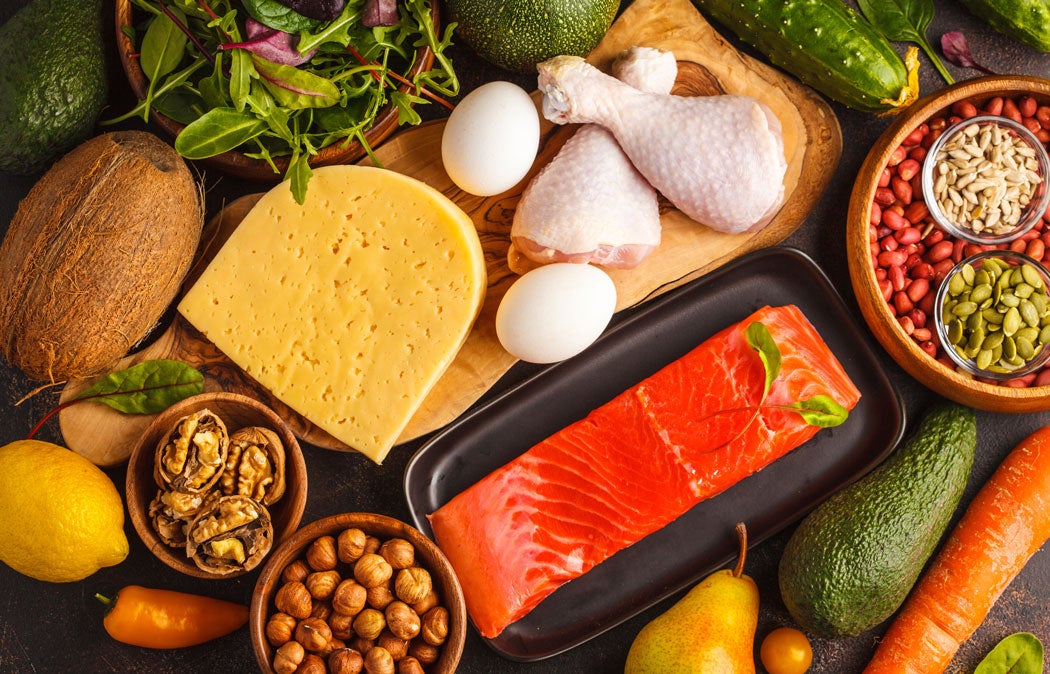
Navigating Nutrition: Colon Cancer Diet Advice
Eating well and following a balanced, nutritious diet is one of the best ways you can prepare for colon cancer treatment 1. But what is a healthy ‘colon cancer diet’?
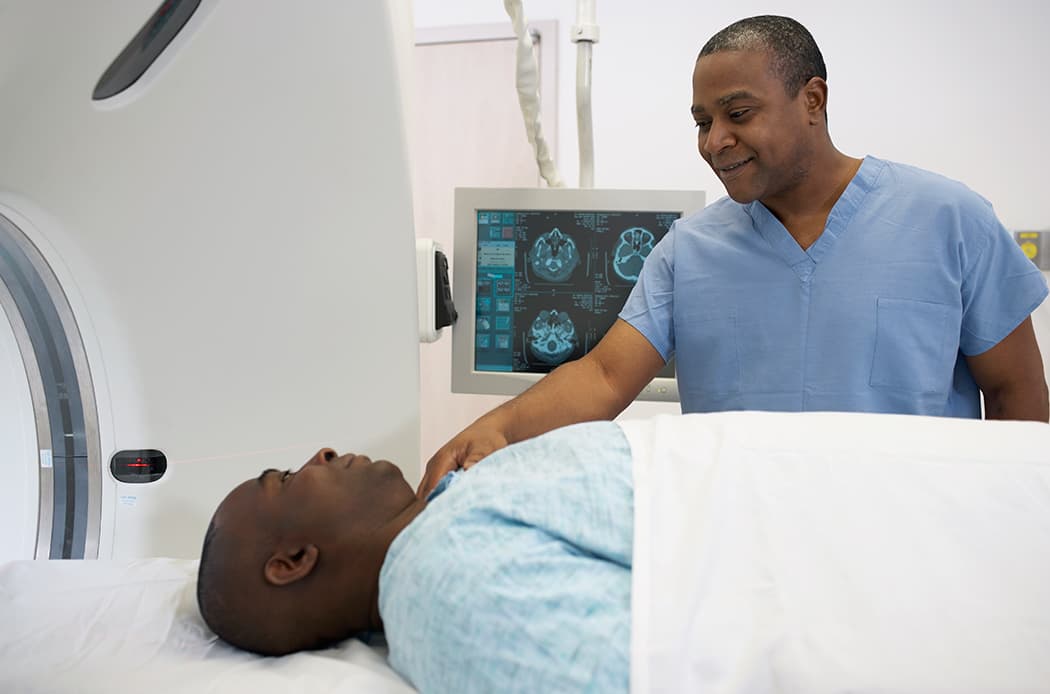
Radiotherapy

Complementary Therapies to Reduce Cancer’s Side Effects
They have scientifically-proven benefits and can be used to improve patients’ well-being.1
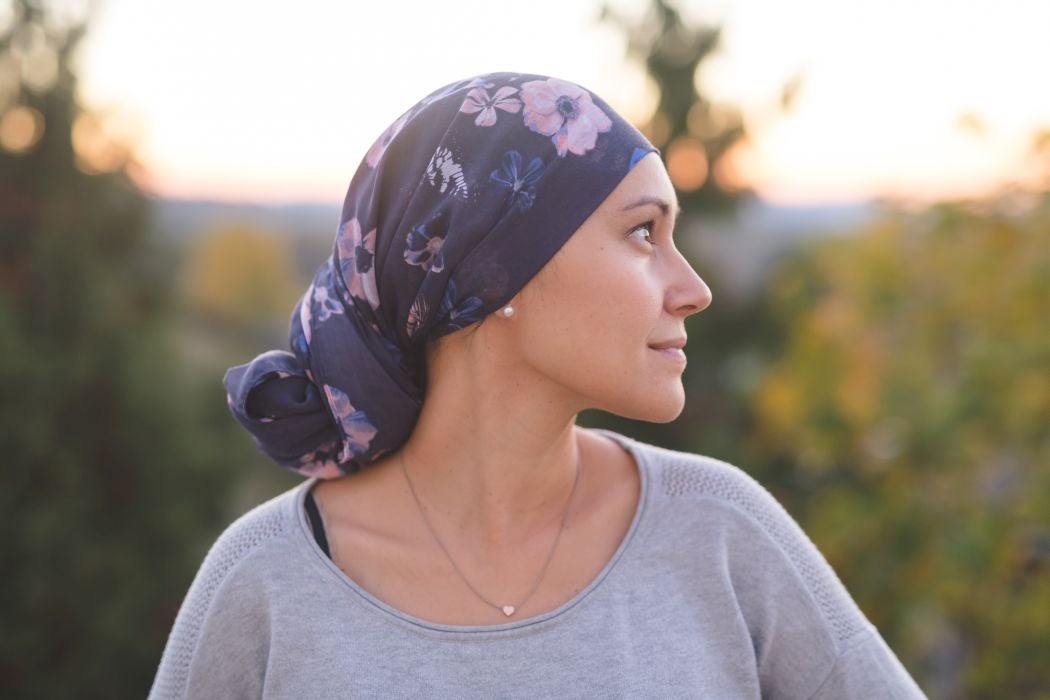
Common Questions About Hair Loss During Cancer Treatment
Although this is deeply associated with cancer treatment, not all people lose their hair
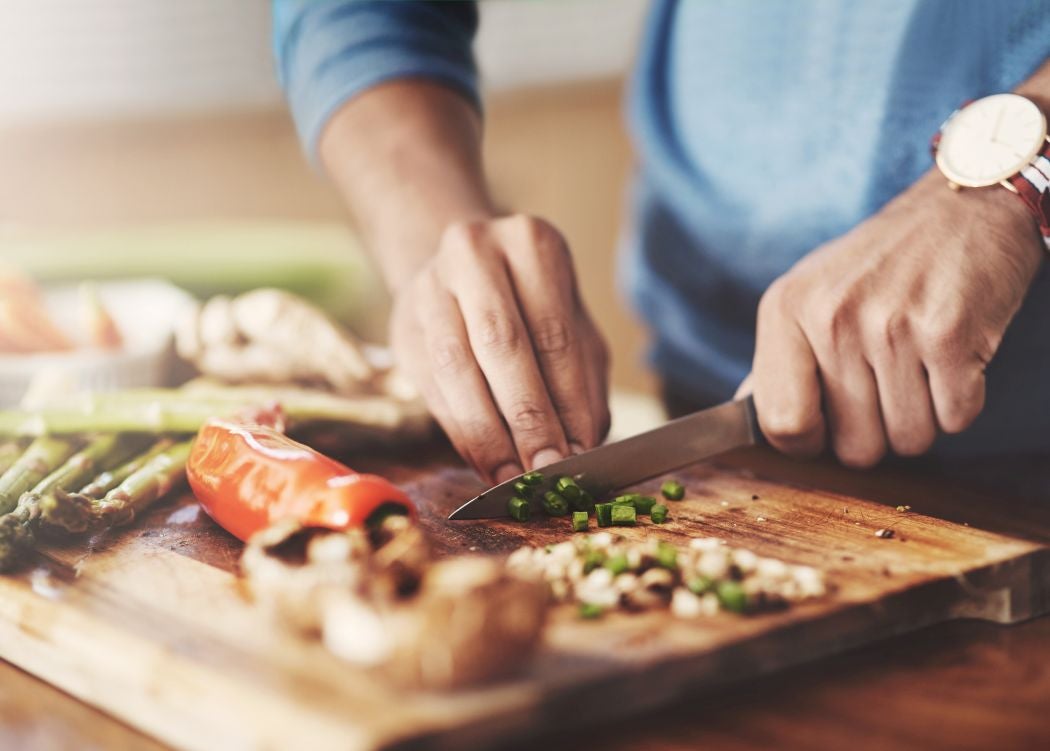
How to Prepare Some Vegetables While Keeping Their Nutrients
Certain cooking methods can make meals more nutritious

